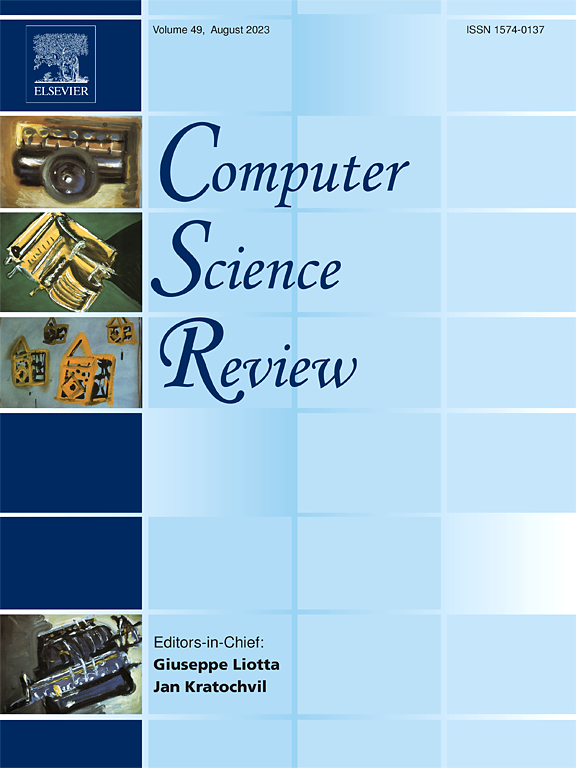A survey of automated negotiation: Human factor, learning, and application
IF 13.3
1区 计算机科学
Q1 COMPUTER SCIENCE, INFORMATION SYSTEMS
引用次数: 0
Abstract
The burgeoning field of automated negotiation systems represents a transformative approach to resolving conflicts and allocating resources with enhanced efficiency. This paper presents a thorough survey of this discipline, emphasising the implications of human factors, the application of machine learning techniques, and the real-world deployments of these systems. In traditional manual negotiation, various challenges emerge, including limited negotiation skills, power asymmetries, personality disparities, and cultural influences. Automated negotiation systems can offer solutions to these challenges through their round-the-clock availability, the ability to negotiate without emotional bias, efficient information access, and seamless integration of cultural contexts. This comprehensive survey delves into the intricacies of human–computer negotiation, shedding light on the impact of emotional cues, cultural diversity, and the subtleties of language. Furthermore, the study reviews the incorporation of machine learning models that facilitate the adaptation of negotiation strategies. The paper also discusses the application of fuzzy set theory and fuzzy constraint methods within the scope of automated negotiation, providing a valuable addition to the existing literature. Real-world deployment of these systems in domains e.g., e-commerce, conflict resolution, and multi-agent systems is also examined. By providing a broad overview of automated negotiation, this survey acknowledges the vital role of human factors in negotiation processes, underscores the value of intelligent and adaptive negotiation techniques and offers valuable insights into the practical applications of these systems in various real-world contexts.
自动谈判调查:人为因素、学习和应用
蓬勃发展的自动谈判系统是解决冲突和提高资源分配效率的变革性方法。本文对这一学科进行了深入研究,强调了人为因素的影响、机器学习技术的应用以及这些系统在现实世界中的部署。在传统的人工谈判中,会出现各种挑战,包括有限的谈判技巧、权力不对称、个性差异和文化影响。自动谈判系统可以通过全天候可用性、无情感偏差的谈判能力、高效的信息访问以及文化背景的无缝整合,为这些挑战提供解决方案。这项综合调查深入探讨了人机谈判的复杂性,揭示了情感线索、文化多样性和语言微妙之处的影响。此外,本研究还回顾了机器学习模型在谈判策略调整中的应用。论文还讨论了模糊集理论和模糊约束方法在自动谈判中的应用,为现有文献提供了宝贵的补充。此外,还探讨了这些系统在电子商务、冲突解决和多代理系统等领域的实际部署情况。通过对自动谈判的广泛概述,本研究承认人为因素在谈判过程中的重要作用,强调了智能和自适应谈判技术的价值,并为这些系统在各种现实世界环境中的实际应用提供了宝贵的见解。
本文章由计算机程序翻译,如有差异,请以英文原文为准。
求助全文
约1分钟内获得全文
求助全文
来源期刊

Computer Science Review
Computer Science-General Computer Science
CiteScore
32.70
自引率
0.00%
发文量
26
审稿时长
51 days
期刊介绍:
Computer Science Review, a publication dedicated to research surveys and expository overviews of open problems in computer science, targets a broad audience within the field seeking comprehensive insights into the latest developments. The journal welcomes articles from various fields as long as their content impacts the advancement of computer science. In particular, articles that review the application of well-known Computer Science methods to other areas are in scope only if these articles advance the fundamental understanding of those methods.
 求助内容:
求助内容: 应助结果提醒方式:
应助结果提醒方式:


